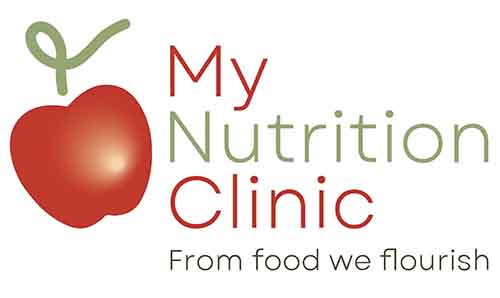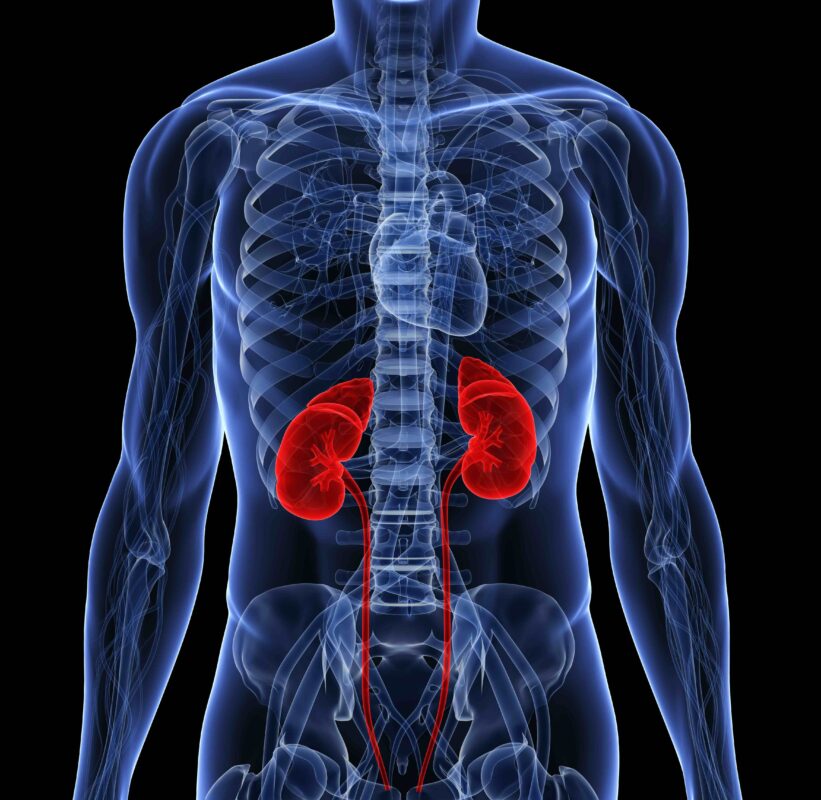With over 2000 Australians admitted into hospital every day with kidney disease, it’s a health problem worth paying attention to. Healthy eating patterns are associated with lower rates of death in people with Kidney disease (Kelly, 2016) as well as a delay in the progression of chronic kidney disease (Wai, 2016)
A diet for chronic kidney disease is one of the more complex diet plans around merely because specific nutrient requirements vary depending on the stage of chronic kidney disease. Recently, it has been suggested that certain similar eating patterns to the Australian Healthy Eating Guidelines could be the best for optimizing kidney health in those with kidney disease. For those with more complicated side effects, careful consideration of protein, phosphorous, sodium, potassium, fluid and total energy intake is needed. Be it early or end-stage kidney disease without the use of dialysis, working with an Accredited practising dietitian with experience in renal disease is essential. With the appropriate diet changes, progression towards end stage kidney failure and dialysis can be delayed.
So, here’s a brief rundown of the nutrients foods to include in a renal diet for chronic kidney disease sufferers.
The best diet for chronic kidney disease: The latest research
Our very own My Nutrition Dietitian, Jaimon Kelly is at the forefront of research into diets and dietary patterns that protect the health of the kidneys and prolong life. Jaimon led research cited hundreds of times around the world that combined data from about 90,000 person-years of follow-up and 3983 deaths that shed light on how people with chronic kidney disease’s eating habits affected their health. The researchers found a strong link between a diet high in vegetables, fruits, legumes, whole grains, and fibre and a lower amount of red meat, sodium, and refined sugars and a lower risk of death in people with chronic kidney disease.
This is great news and a big step forward because it’s the first time that whole eating habits and their connection to death and health problems in people with chronic kidney disease have been looked at all at once. In the past, studies mostly looked at single dietary factors like phosphorus, sodium, or protein intake. However, it wasn’t clear how these factors affected death rates because the studies had small sample numbers and weak statistics. This in-depth study, on the other hand, shows how different food components affect health as a whole, giving a more complete picture.
The best diet for chronic kidney disease: The food
People with chronic kidney disease and people in general should eat more plant-based foods. However, the research doesn’t support one plant-based diet over another. There is still room for more high quality research, but much of the research available currently suggests that eating a lot of fruits and vegetables might help slow down the development of chronic kidney disease and its complications, such as albuminuria and high blood pressure. Future high quality research will need to confirm these results and effect health care guidelines.
Overall the researchers recommended using holistic eating habits when managing chronic kidney disease. This means focusing on dietary treatments that include a wide range of healthy foods while limiting the harmful ones.
Protein and Kidney Disease
While protein is essential for a healthy body, digestion of it creates the waste product, urea, in the bloodstream which the kidneys need to filter out and excrete it into the urine. While it’s still important to have in moderate quantities, too much protein in the diet places unnecessary pressure on poorly functioning kidneys. Increasing urea levels within the blood may lead to nausea, poor appetite and possibly itchy skin. Depending on the severity of chronic kidney disease, your dietitian may devise a plan that reduces your protein intake by recommending slightly smaller portions of high protein foods.
Have a chat with your doctor and dietitian about the potential to substitute animal proteins for plant-based proteins, as a healthier way to maintain your protein intake, but also looking after your kidneys.





